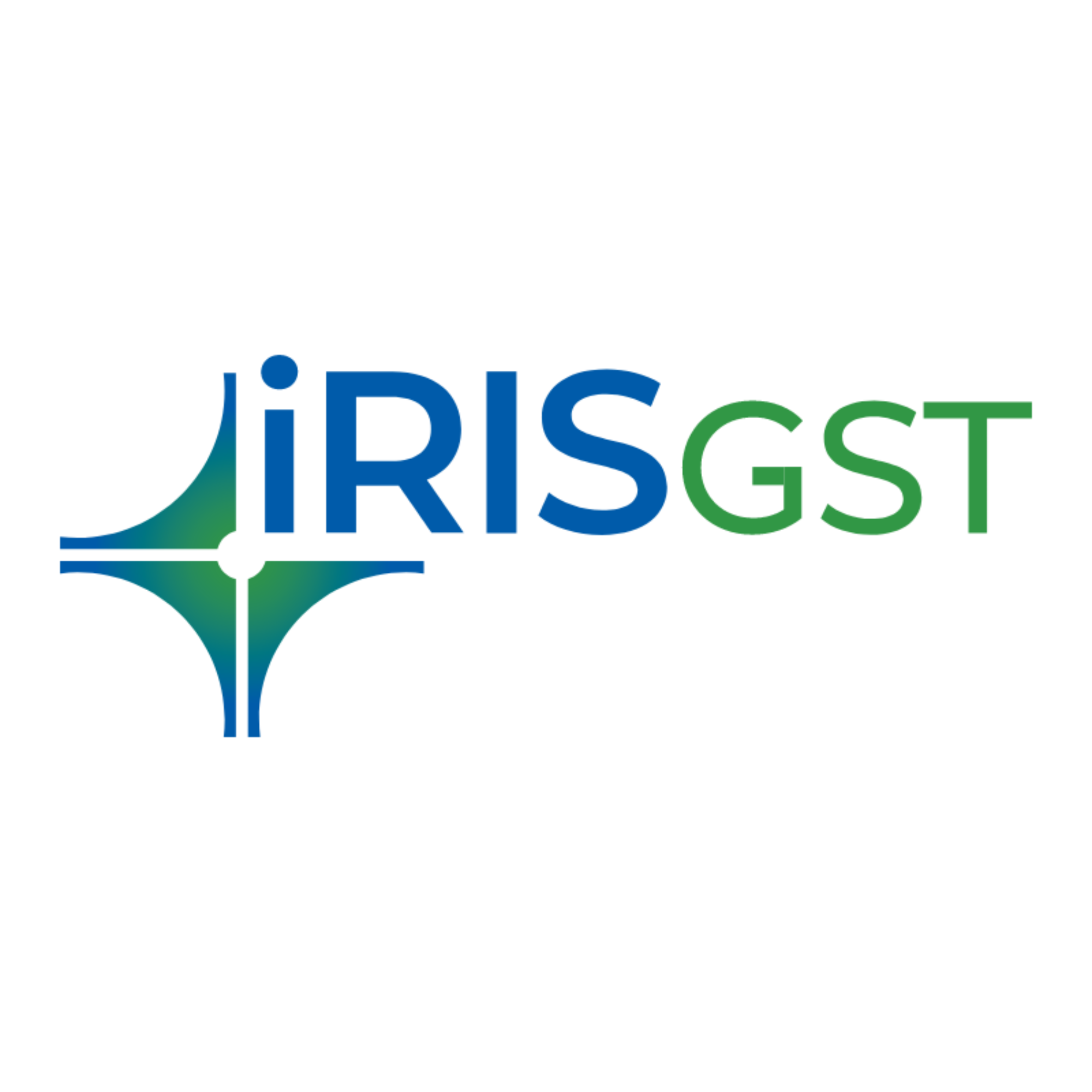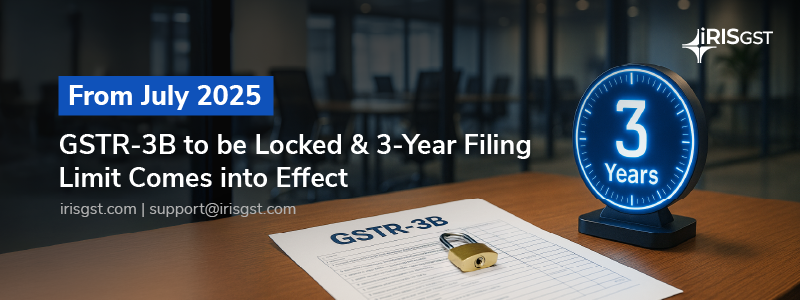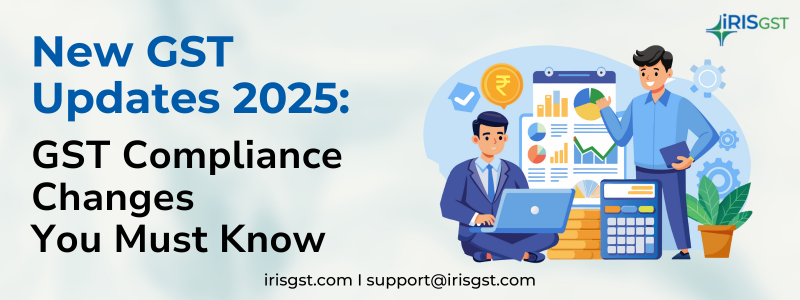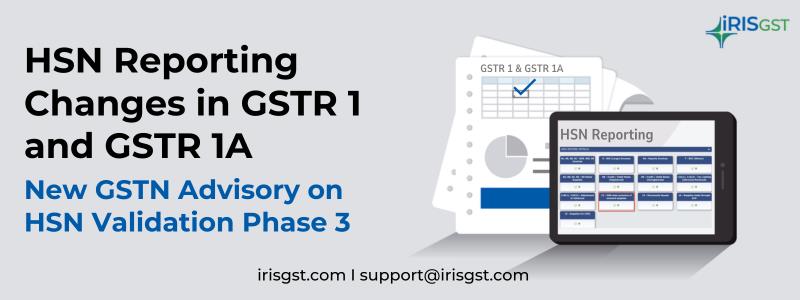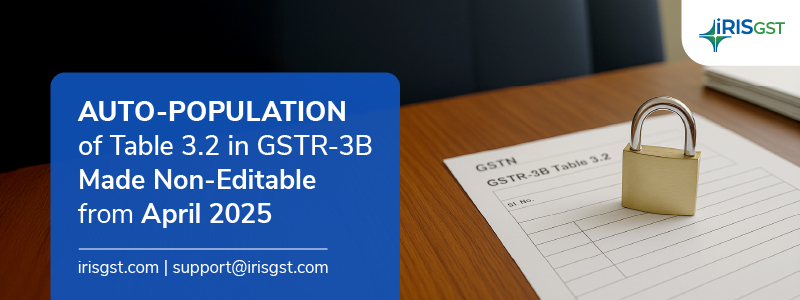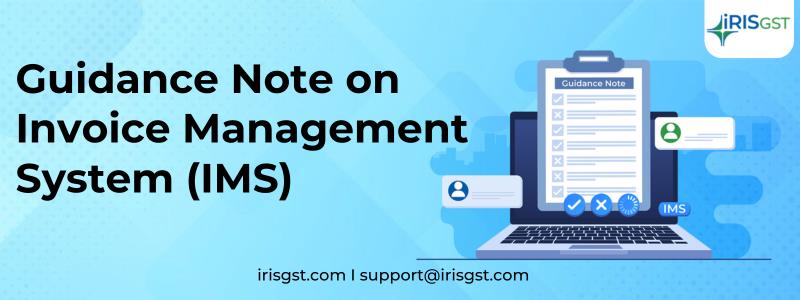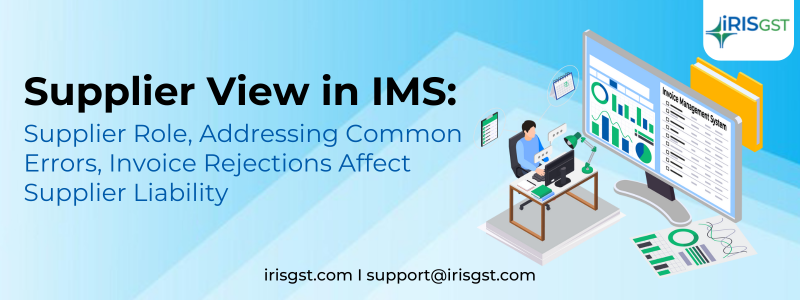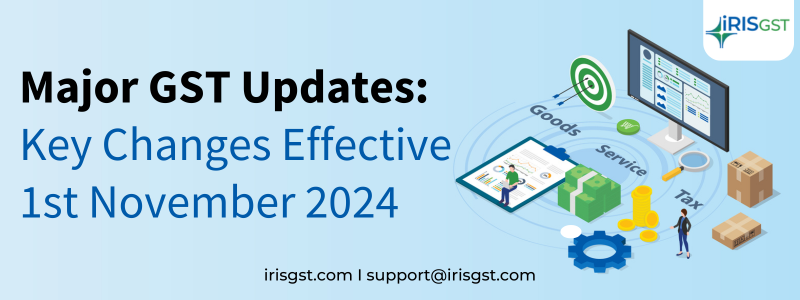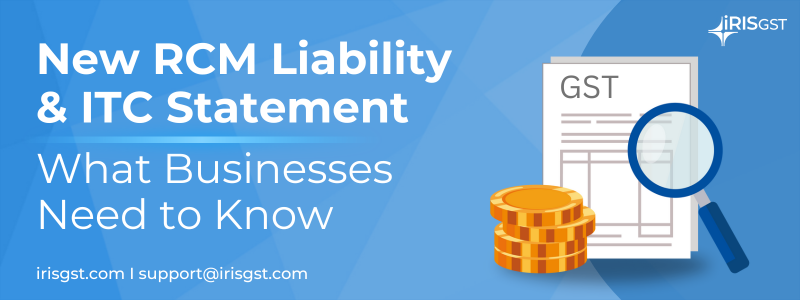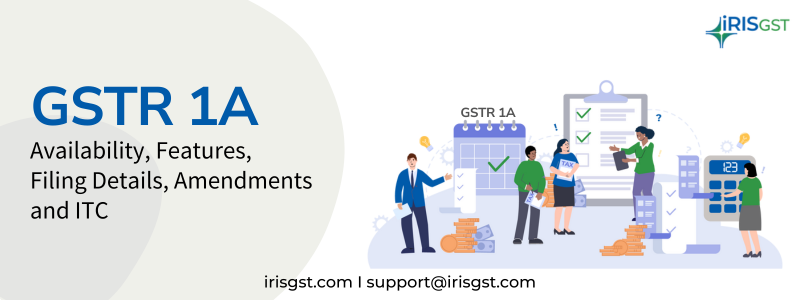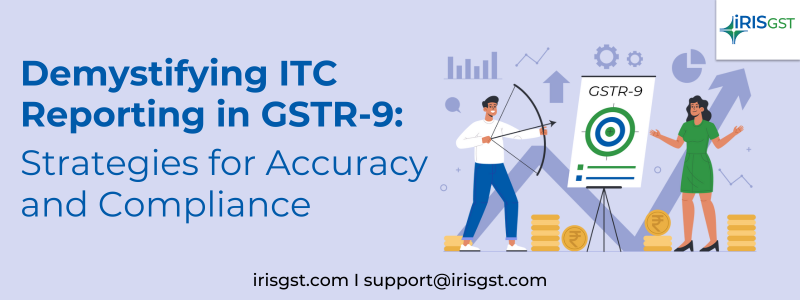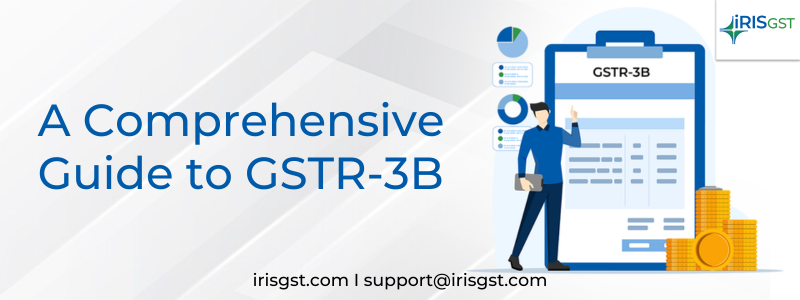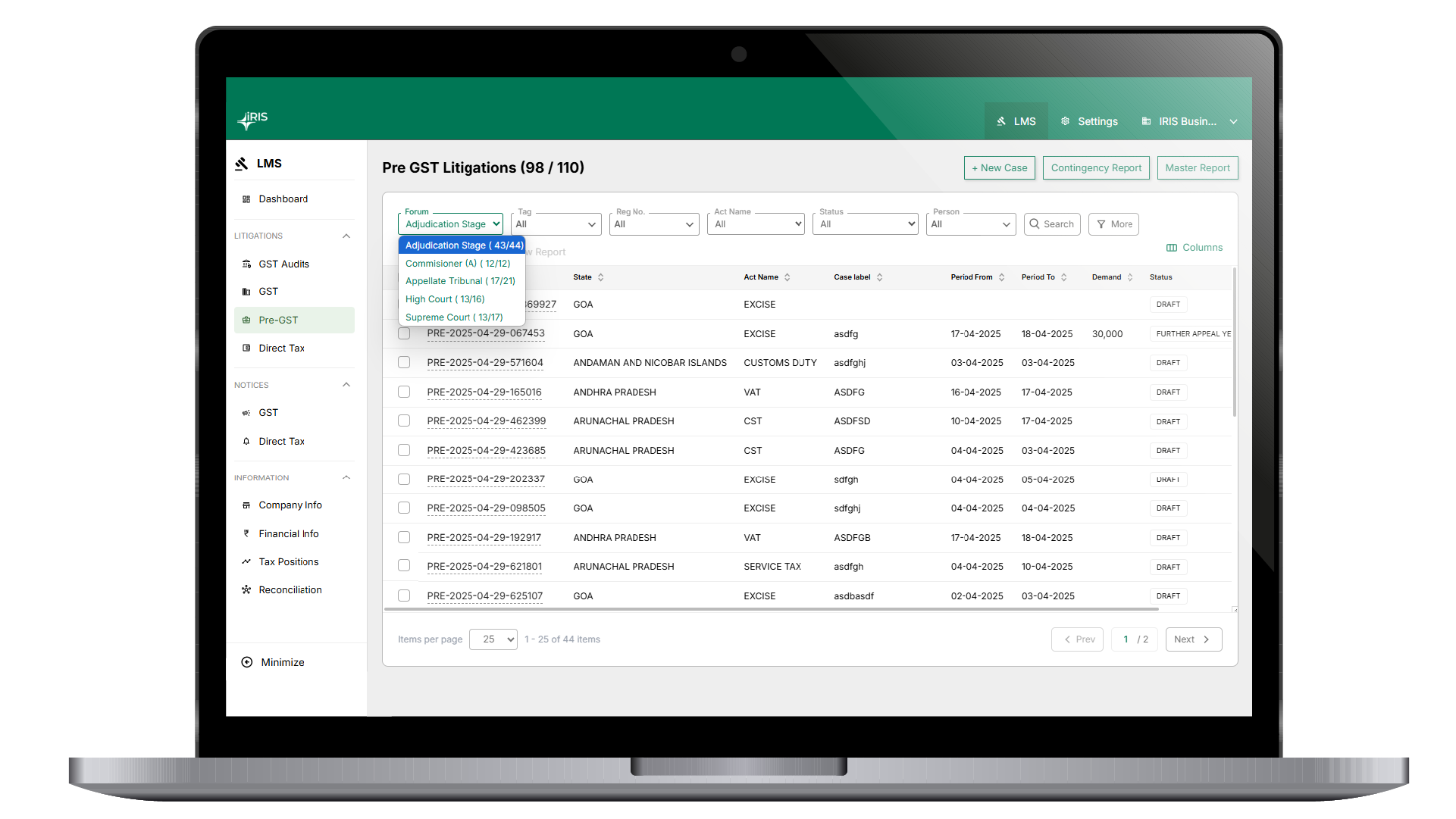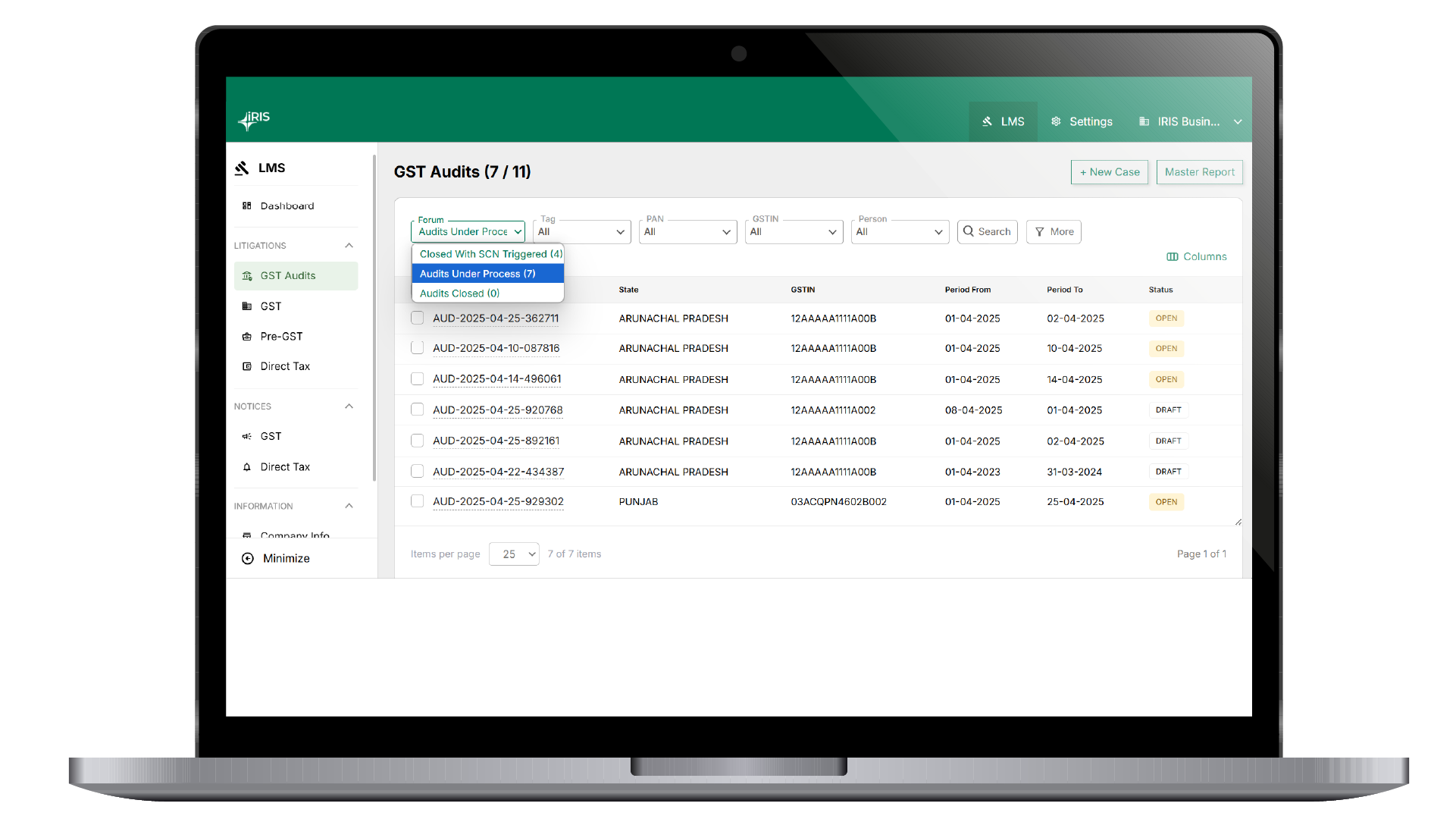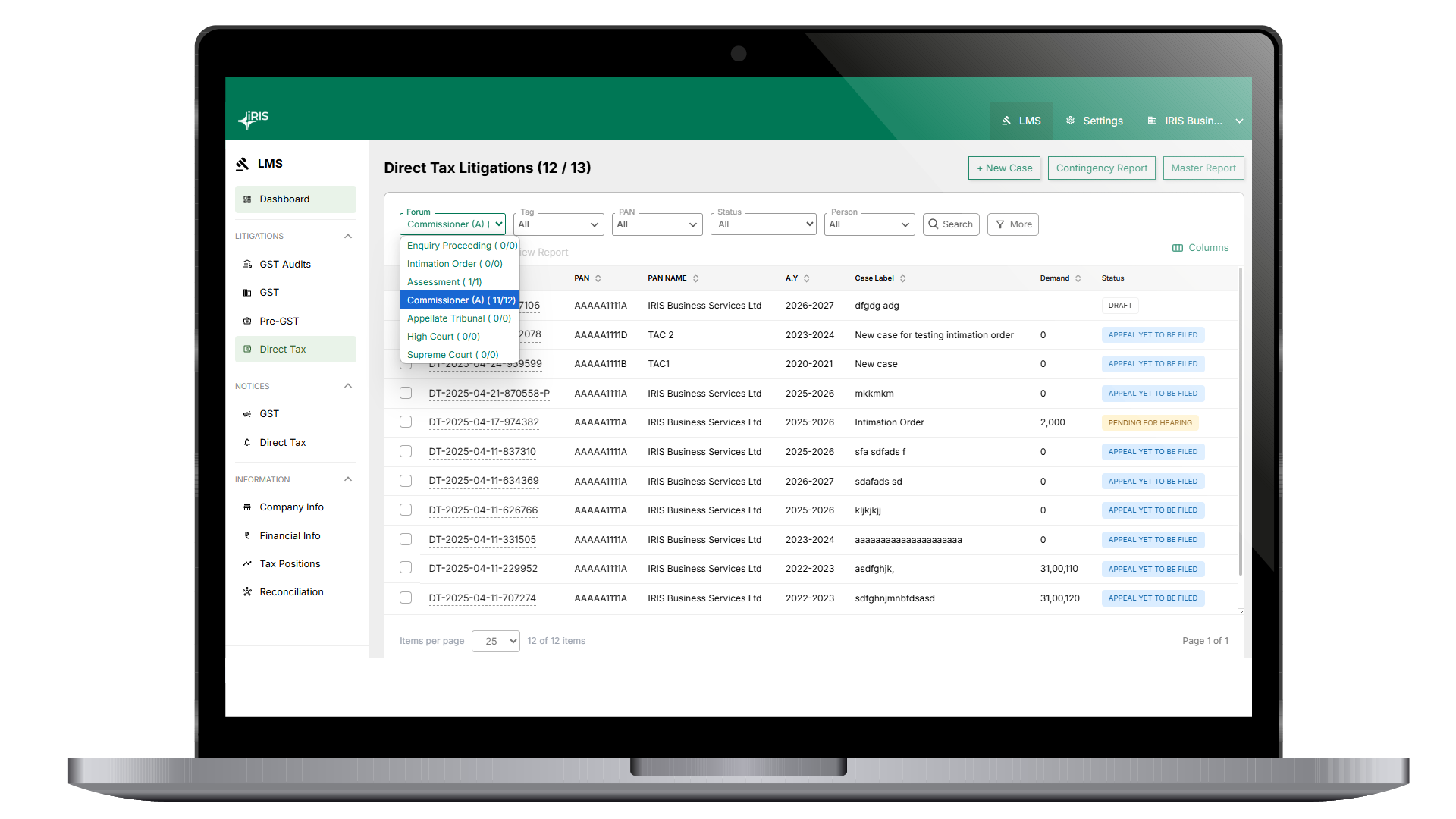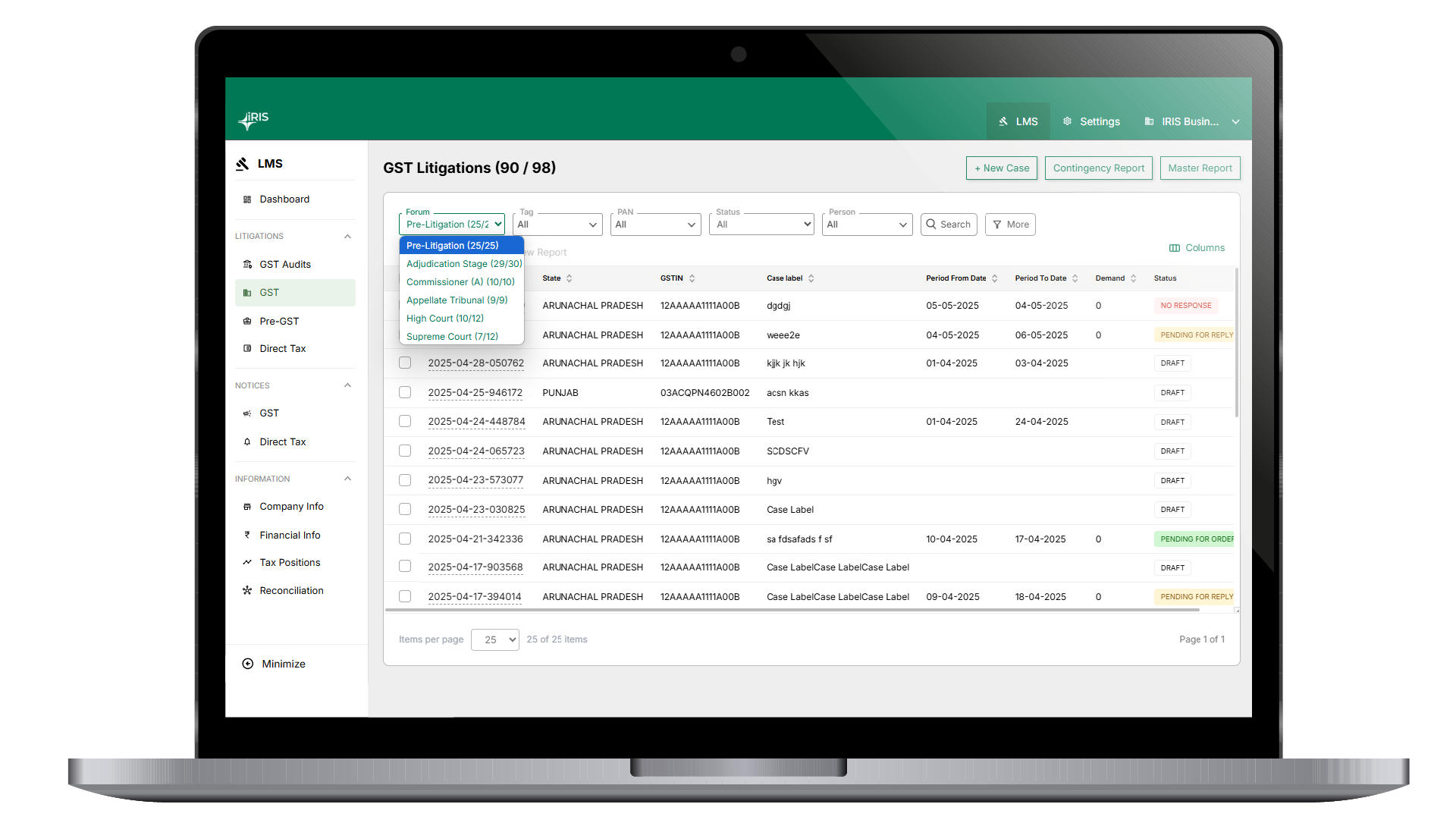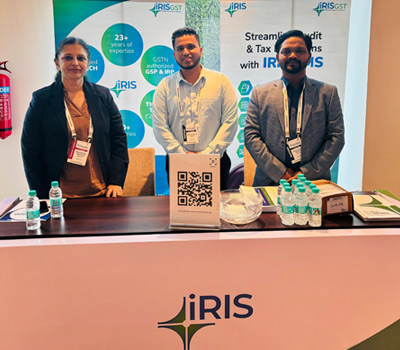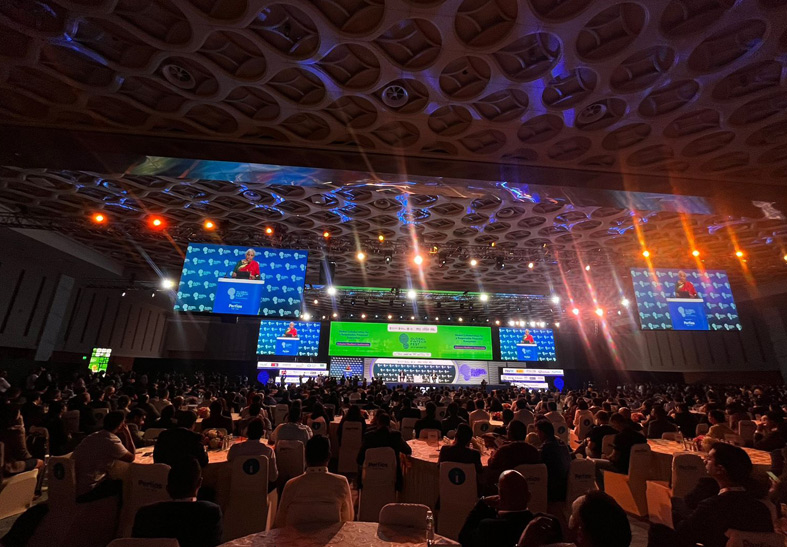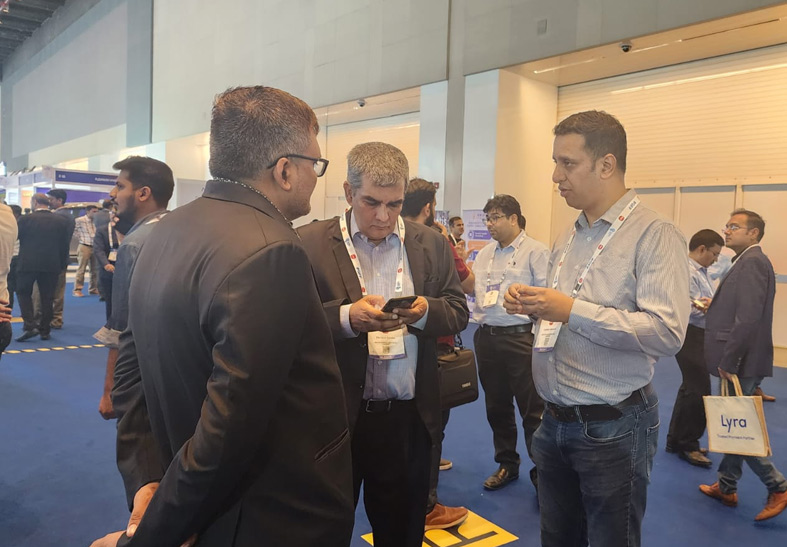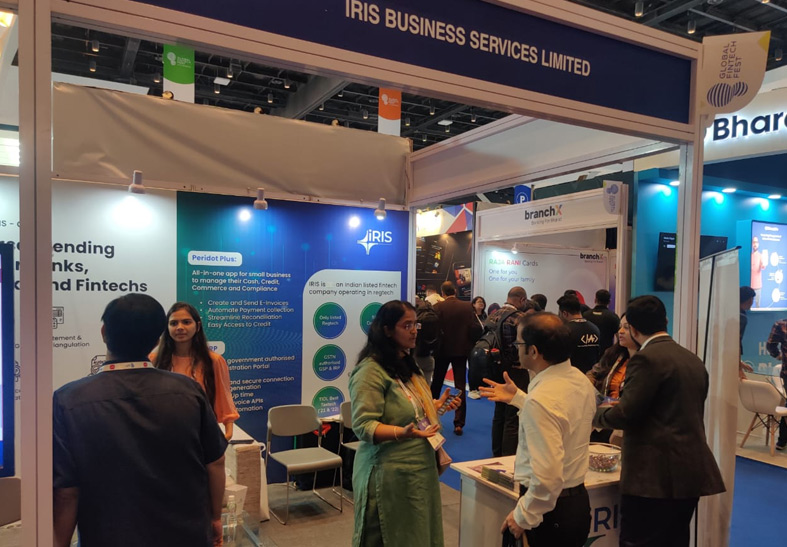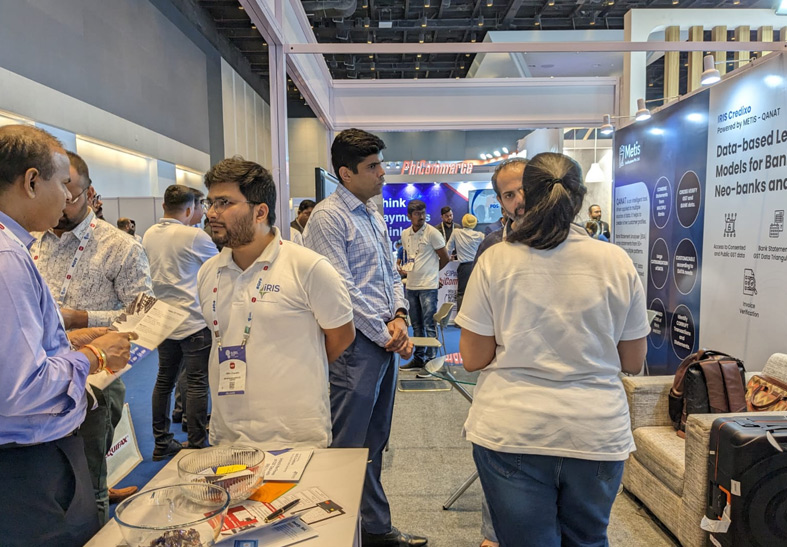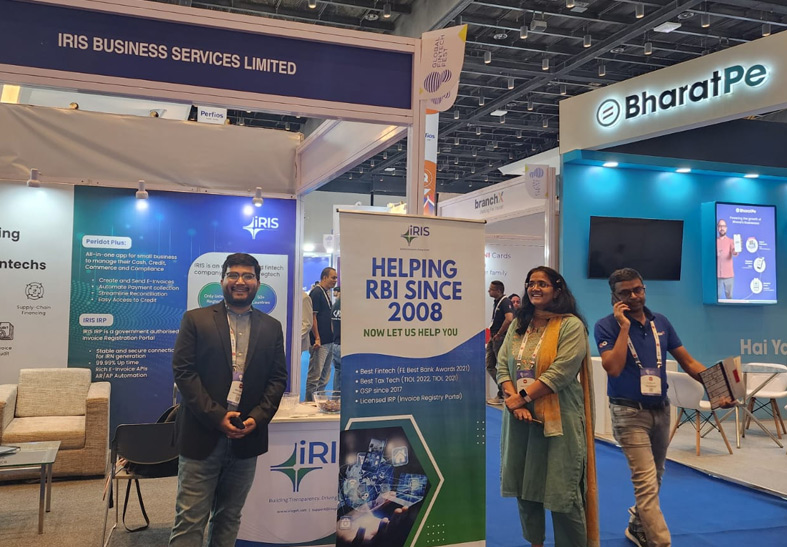Read details on two new changes: Locking of GSTR-3B Outward Liability based on GSTR-1/IFF/GSTR 1 A, and a 3-year time limit on filing GST returns.
Read the key GST updates and compliance changes in 2025, and learn actionable steps businesses must take to remain compliant in the new financial year.
HSN Reporting Changes in GSTR 1 and GSTR 1A | Read detailed changes mentioned in the new GSTN Advisory on HSN Validation Phase 3
Auto-population of Table 3.2 in GSTR-3B: From the April 2025 tax period, taxpayers will no longer be able to manually edit the values in this section of the GSTR-3B.
Invoice Management System (IMS) enables taxpayers to match their invoices with those issued by suppliers, ensuring the correct claim of Input Tax Credit (ITC).
The Invoice Management System (IMS) has been a pivotal tool under the GST framework, aiding taxpayers in invoice reconciliation and Input Tax Credit (ITC) management.
Read major GST Changes and GST updates effective from 1st November 2024. These changes are aimed at streamlining processes, enhancing compliance, and providing relief to taxpayers.
This Diwali, clean your accounts with IRIS GST’s Checklist for Accountants| Cleaning Checklist for Accountants | Yearly Accounting Checklist
GSTR-1A is a form that allows taxpayers to correct or amend details of outward supplies reported in GSTR-1 before finalizing their GSTR-3B return for the same tax period.
Navigating the complexities of ITC reporting in GSTR-9 is crucial for GST compliance and optimizing tax benefits. This guide delves into the nuances of accurately reporting Input Tax Credit in your annual returns, offering insights and best practices to ensure compliance.
Discover the ins and outs of GSTR-3B in this comprehensive guide, designed to demystify the complexities of GST compliance. From understanding its significance to navigating recent updates, learn how to avoid common errors and optimize accuracy in your tax filings.
